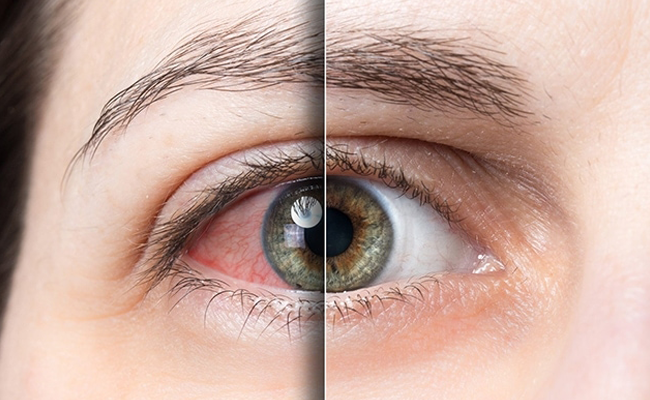

Dry eye syndrome occurs when your eyes don't produce enough tears or the tears evaporate too quickly, leaving your eyes irritated, red, and sensitive. Treatment for dry eye syndrome can vary depending on its severity and underlying causes.If your dry eye symptoms are exacerbated by specific environmental factors, such as allergies or exposure to certain chemicals, your doctor may recommend avoiding these triggers.
It's important to work with an eye care professional to determine the most appropriate treatment plan for your specific needs. Treatment may involve a combination of approaches tailored to address the underlying causes of your dry eye syndrome.